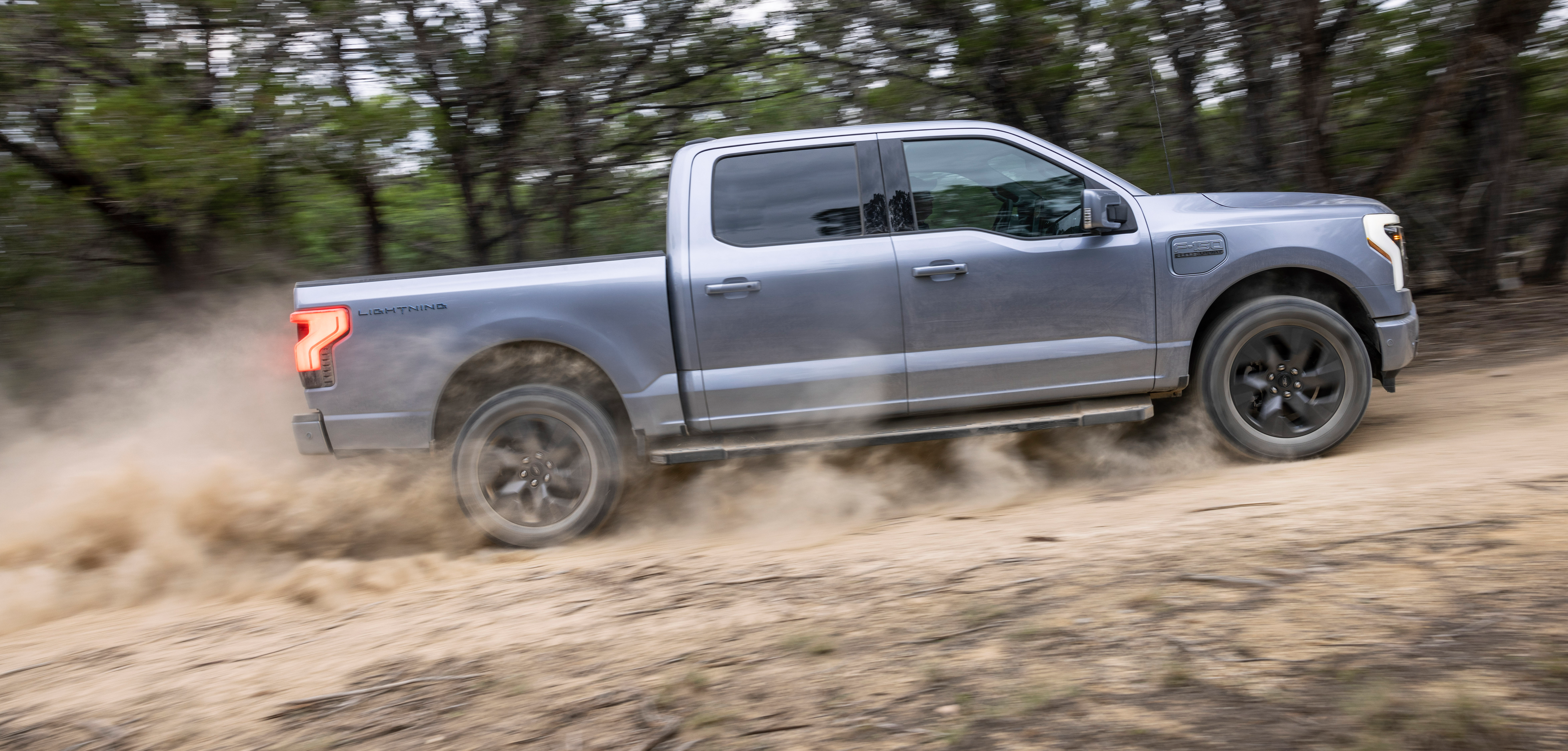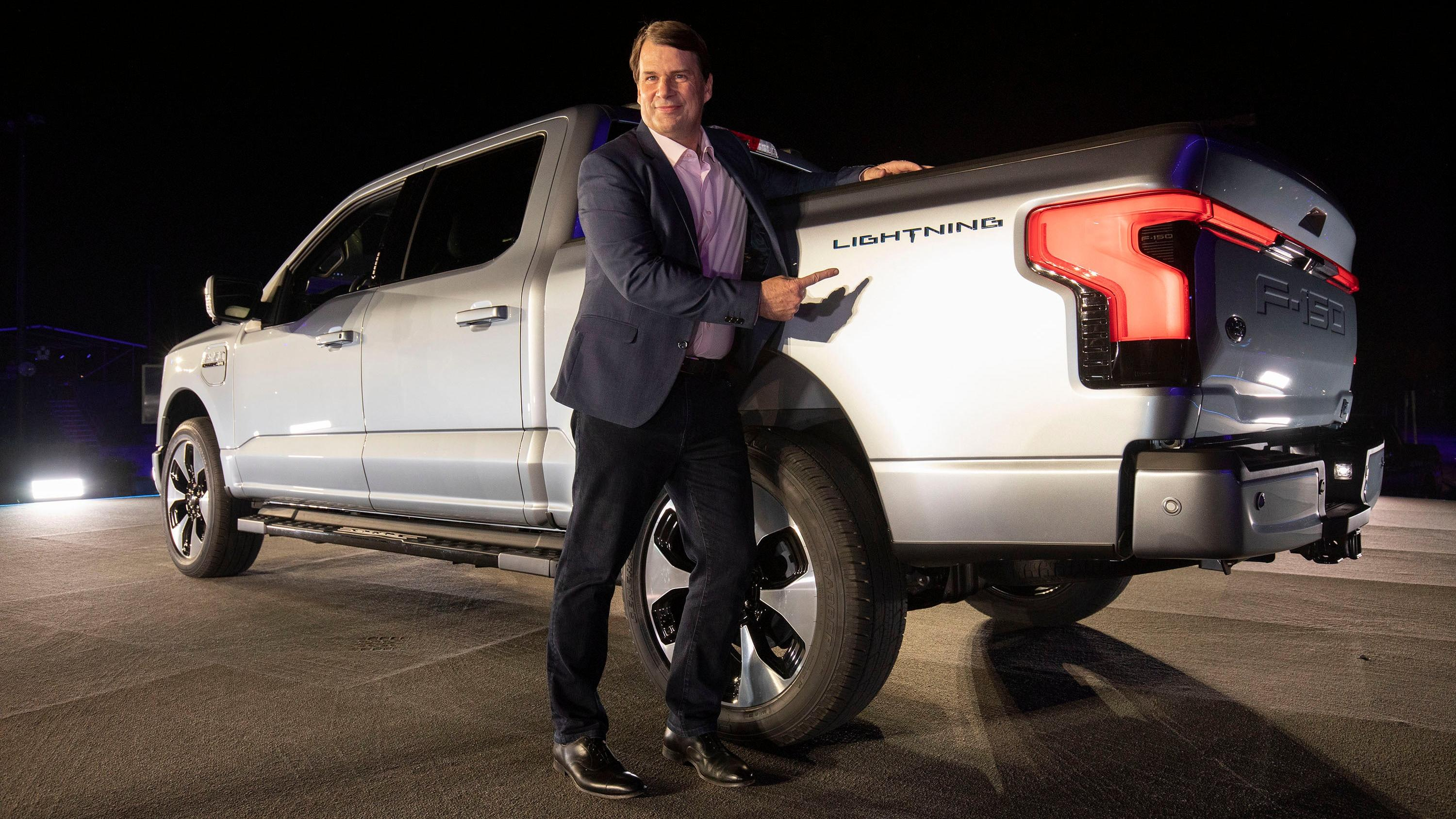Ford CEO Wants To Abolish The Dealership Experience As We Know It
Jim Farley wants to sell Ford EVs online, getting rid of dealer inventory and turning existing dealerships into high-quality service centers.
Ford wants to do things differently as it expands into the EV business. It's spinning electric cars into their own sub-brand, untethered from the time-honored tradition of dealers asking "What can I do to get you in this car today?" Months after that news first came out, CEO Jim Farley is doubling down. In a speech today, the executive confirmed that under his new plan, dealerships would get rid of inventory entirely and become high-quality service centers for customers who purchased their vehicles online.
In a presentation at Bernstein's 38th Annual Strategic Decisions Conference, an event that is apparently real and not an Arrested Development plot point, Farley confirmed that Ford intends to sell EVs entirely online, with no-haggle pricing. Dealer lots full of pre-ordered inventory would be gone, and today's existing dealers would pivot to providing service for cars purchased online.

Crucially, Farley framed this move as a goal rather than a definitive plan. His words, reported by the Detroit Free Press: "We've got to go to non-negotiated price. We've got to go to 100% online. There's no inventory ... 100% remote pickup and delivery."
Buyers looking to get into a Lightning may have to deal with dealers for now, but future transactions may never require a single foot stepped into those hallowed halls. It seems the goal is to have dealers process the transaction initiated by the customer via the online sales portal — no more stepping onto the sales floor or entering the dreaded box. Farley said existing dealerships will play a role in this transition, with the company using its "physical presence" to "outperform" startups like Tesla, which have had to build physical showrooms and service locations from zero.
In comments reported by Bloomberg, Farley also outlined his plan to eliminate Ford's advertising spending entirely. The automaker is one of the biggest purchasers of advertising on earth, spending more than $3 billion a year on ads. But Ford didn't buy any ads for its two new electric vehicles, the Mustang Mach-E and the F-150 Lightning, and both of those are sold out. When it comes to EVs, "I'm not convinced we need public advertising," Farley said, as reported by Bloomberg.
A fully digital purchase experience may prevent buyers from putting eyes on cars and butts in seats before shelling out their hard-earned cash, but that's a problem that people seem to care about less with every passing year. Digital sales make up nearly a third of car transactions in the United States, and that's unlikely to ever return to pre-pandemic levels.
